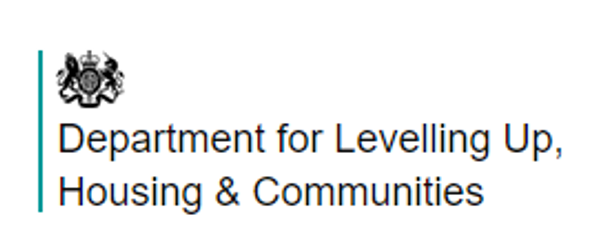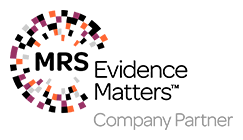In the commercial sector, good customer experience (CX) is critical to success. In fact, Gartner research from 2018 found that over 80% of commercial organisations expect to compete mainly based on customer experience in 2019. Nearly three-quarters of organisations in their multi-country survey now have a dedicated CX team, of which more than a quarter report directly to the CEO.
All of these organisations use CX metrics as a vital tool to help them continually improve and compete. Gartner’s research found that whilst hundreds of different metrics exist, those most commonly used by successful commercial organisations are customer satisfaction scores and competitive benchmarks.
This focus on CX has clear benefits in the commercial sector – nearly half of the organisations surveyed claimed they could track the financial benefits of investment in CX using metrics.
The social housing sector is arguably somewhat behind the commercial sector in its approach to customer experience, perhaps in part because our customers are in the main social tenants and as such have less opportunity to switch providers than a commercial customer would. However, the fact tenants are more ‘captive’ customers should not be used as an excuse for poor customer experience. In fact, improving the customer experience has the potential to bring significant business benefits as well as higher satisfaction.
This has been recognised by the Ministry for Housing Communities and Local Government (MHCLG) in their 2018 Green Paper for Social Housing. As part of the work behind the green paper, the MHCLG held tenant round-tables across the country. Whilst tenants recognised much of the great work done by their landlords, the paper concluded that improvements were required to customer experience generally across the sector.
One likely outcome of the green paper is for social landlords in England to be required to provide customer experience metrics to the Regulator for Social Housing going forward. But what might those metrics look like?
Like commercial sector businesses, most social landlords collect customer satisfaction data. The dominant framework for collecting customer satisfaction is the STAR methodology, developed by HouseMark in 2011 and made freely available to the sector. Over 300 landlords submitted STAR satisfaction data to either HouseMark or Acuity in 2018. This included stock retaining local authorities, ALMOs and housing associations of all sizes.
One of the big advantages of the STAR methodology is that it aims to provide landlords with like-for-like comparisons by requiring consistent features such as question wording, response scale and confidence levels.
In Scotland the regulator has adopted STAR and requires all Scottish social landlords to submit STAR compliant satisfaction results to them annually. It is not inconceivable that in light of the green paper, the English regulator takes a similar approach.
However, STAR was last reviewed in 2015 and since then we have seen evolving use of technology, the introduction of commercial sector questions, and the emergence of new approaches to customer relationships and customer satisfaction measurement.
For example, many landlords are evolving how they collect transactional satisfaction data, which gives them the ability to track results over time and tackle emerging problems promptly.
Common themes emerging across the sector include measuring how much tenants trust their landlord, and how easy they find it to access services.
HouseMark analysis shows that while transactional satisfaction surveys have great potential to drive service improvement, results tend to come in on average twelve percentage points higher than perception survey results like STAR. This shows how important having a consistent methodology is if satisfaction results are going to be used by tenants to compare landlords and hold them to account.
This is why HouseMark is pleased to announce it has teamed up with Customer Experience specialists Acuity and The Leadership Factor to carry out a full review of the STAR methodology.
The aim of the review is to come up with a modern yet consistent framework for measuring customer satisfaction that allows like-for-like comparisons but also enables landlords to make use of the data to drive improvements.
The review is scheduled to take place over the Summer of 2019 with results anticipated in September.
Join our sounding board
To be successful, it is vital the review has input from specialists both within and outside of the sector. As a first stage in the review we are therefore collating a ‘sounding board’ of experts and social housing professionals with an interest in customer experience.
All HouseMark and Acuity members are invited to contribute to the review. If you’d like to be put on our sounding board mailing list, or would simply like more information, please contact us or email jonathan.cox@housemark.co.uk






Comments are closed.